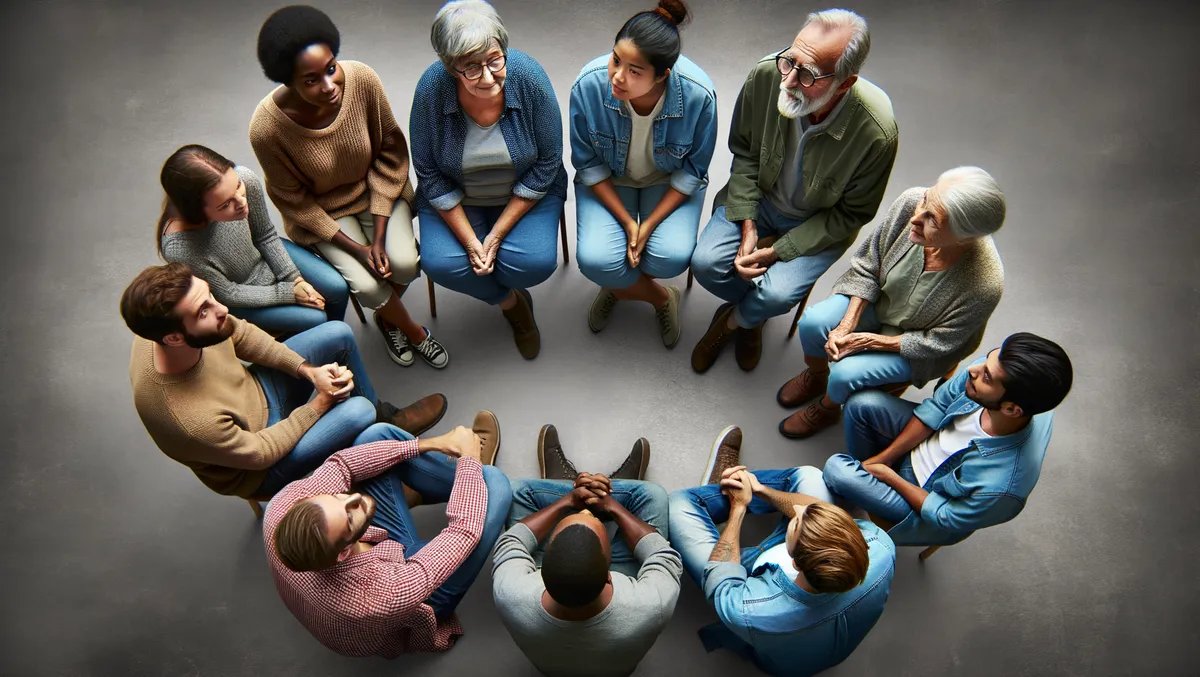
Netsafe reveals growing online harm for New Zealanders
New research from Netsafe highlights an alarming trend in negative online interactions experienced by New Zealanders, with the findings from its 2023 annual population survey showing a marked increase since the previous study was conducted in 2018.
According to the survey results, almost half of the Māori population (46%) have been victims of harmful digital communications over the past year. This encompasses a range of damaging behaviours, including unwanted sexual advances, false allegations, racist remarks and online stalking.
It was found that 13% of all New Zealanders reported personal experiences of online hate speech within the last year. More worryingly, fewer New Zealanders abstained from online hate speech during the same period compared to 2018.
Further analysis showed several groups are more susceptible than average to online hate speech. This includes New Zealanders under the age of 30, neurodiverse individuals, members of the LGBTQIA+ community, those with long-term health issues and residents of Auckland.
The predominant factors cited for being targeted derive from differences in ethnicity, race, gender, and political views. Netsafe's research indicated that harmful digital communications affect both the general and Māori population - with nearly half, 46%, from both groups reporting such instances within the last year.
The resulting harm of these digital interactions is significant. While just over a tenth (14%) of the general population's lives were affected, over a third (39%) of Māori reported harm from digital interactions.
"These stats across our research show us Māori, New Zealanders under the age of 30, those who are neurodiverse, LGBTQIA+ community members, are at the forefront of digital harm and are being attacked more than any other group," said Netsafe CEO Brent Carey. He stressed the importance of creating a safe online space, stating, "Everyone deserves to use technology without the fear of being attacked online."
While people are aware of the potential for online harm, Carey noted it could still take a toll on someone's mental wellbeing. He brought attention to the importance of support services such as helplines, healthcare providers and community support services that facilitate reportage and recovery from online harm.
According to the CEO, Māori, neurodiverse individuals, and members of the LGBTQIA+ community are more vulnerable to online harm. "Now that we have up to date information from 2023 about the size of the online harm problem, we need to start mobilising support and resources for various communities and addressing perpetrators' behaviours online," he added.
Carey highlighted that only just under a quarter (24%) of Māori and the general population who experienced unwanted digital communications sought support services. He voiced his desire to see an increase in individuals reaching out to Netsafe and other helplines for assistance, as well as for additional funding to develop programmes focusing on discouraging individuals from engaging in harmful online behaviour.


